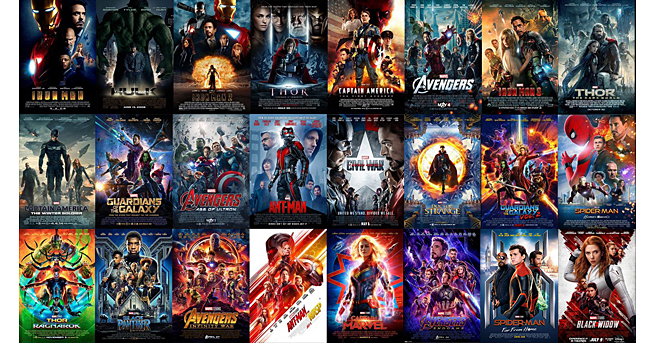I’m a fan of the Marvel Universe.
I find the dialogue snappy, I love the embedded humor, I enjoy the ridiculous costumes and sets, and even the not terribly well-hidden messages.
But these mindless movies beg one serious writerly question: is the plot or the characters? Do we create plot-driven or character-driven stories and why? (For some of my earlier posts on this, see this one on character, and this one on plot, and then link through to other posts I’ve written on these topics.)
Plot-driven Stories
We know them when we see them. The plots are almost always the same.
- Bad guy wants to take over the universe.
- Good guys team up to defeat bad guy.
- There might be a little spark of romance here and there.
- There are amazing toys that do amazing/impossible things.
- The good and bad guys do amazing/impossible things.
- Usually only the bad guy dies. (If the good guy dies, he/she is resurrected in the next movie.)
These plots are formulaic, which is why I think they resonate – we don’t have to do much thinking to make sense of what’s going on. They are purely plot-driven stories. If we compare them to books, these are they murder mystery series, the spy series, the pulpy romances. They are the James Patterson clones. They often dominate the best-seller lists because they’re like candy – we can devour them happily, with a lasting sugar high. They make their authors a ton of money.

Notice the featuring of characters in these posters.
Character-driven Stories
Character-driven stories are more plot-complex. That’s because when we are really resonating with the character, we find those internal monologues, those changing and conflicting arcs, the nuances and mistakes and foibles of characters intriguing.
The complexity of character requires complexity of plot.
Now, I happen to think the Marvel Universe movies do a great job of character-building, too. Take Thor. He’s super-cute, but he’s super obnoxious (he really can’t die – he’s a god). He lords it over the other strong guys in the room in an offhand but irritating way. And when he falls apart (spoiler alert! – in Avengers: Endgame) Thor gains a ton of weight, drinks himself silly, gives up his throne, and generally feels so sorry for himself that he’s ridiculous but still loveable.
Or Tony Stark. Also obnoxious but that’s because he’s a genius and he knows it. He’s got snappy dialogue and a happy-sappy romance. He’s a hero because he comes up with the most brilliant solutions (in the most annoying ways). He rises to the occasion in monumental fashion in Endgame (no spoiler!)
There are lots of plot-driven movies out there that are just noisy trigger-happy drive-bys. I don’t find these very entertaining in the end. The Marvel movies, in my view, rise above because they have actiony plots but also employ great characters.
Take Lessons From Marvel: Write For Character
Whatever you are writing, you’ll have a protagonist and an antagonist, so even if it’s plot-driven, aspire to be like Marvel. Here is my checklist for your most important characters:
Protagonist:
- Does your main character have true agency?
- Are their actions driving the plot forward?
- Do they make mistakes?
- Do they make sacrifices?
- Can you make them both larger-than-life and make their mistakes larger than their triumphs?
- Can they struggle and suffer even as they aspire to be heroic?
Antagonist:
- Does your antagonist look/act like a mindless rock monster, or do they believe they are the true hero of the story? (Think Thanos here – he really believes he’s saving the universe from overpopulation by eliminating half the beings in the universe. That is a noble idea, albeit warped.)
- Can your antagonist outgun and outthink your protagonist until the bitter end?
- Can we like your antagonist and/or feel sorry for them, even if it’s only for a moment?
Marvel does these character things so well that there are now (count ‘em!) 33 movies, many mega-hits, and still more to come. The next time you watch a plot-driven movie, look too at the characters. I’m betting the more complex the characters, the bigger your enjoyment.
Do you like Marvel movies?
